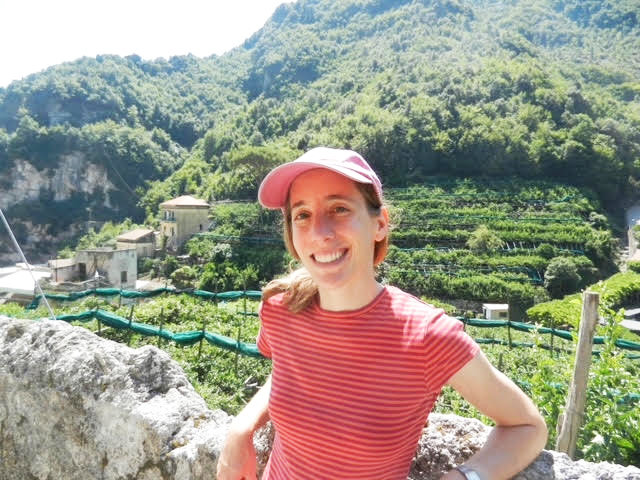Do what you love, love what you do, and do it well
The true story of a journalism journey that led to writing editorials at the Boston Globe
The act of believing in a young writer, giving them the opportunities to grow and blossom, is one of the more fulfilling exploits in my long career in journalism. The success of Shira – and of many others, including Molly Parr – carries with it more reward than any awards can bring.
BOSTON, Mass. – As I prepare to start a new job as an editorial writer for the Boston Globe, I think back to my first professional job in journalism, also in Boston.
Richard Asinof, now the editor and publisher of ConvergenceRI, gambled on hiring a cub reporter fresh out of college to be the community news editor at the Jewish Advocate. In theory, the job involved aggregating press releases of community events. But with a tiny staff, there was plenty of room to cover pretty much any topic.
The Boston Jewish world in 2004-2005 was a heady place for an aspiring journalist. I interviewed luminaries like human rights advocate Elie Wiesel, Ambassador Dennis Ross, and historian Jonathan Sarna, the latter of whom would become a valued source and ultimately a friend over the years.
I learned to always be prepared – even if it meant reading a several-hundred page book the night before an interview. Wiesel, who was at Boston University at the time, stands out in my mind for his optimism and gentle dignity, his willingness to talk honestly and passionately to a young Jewish reporter from his hometown newspaper, though he was surely fielding calls from reporters at the New York Times and everyone else who wanted some insight from a real-life hero.
The best stories, I learned, sometimes resulted from those where a reporter is emotionally invested. While the coverage must remain unbiased, a reporter’s empathy or affinity for their subject often comes through.
It was a lesson I remembered recently as I taped a podcast for CommonWealth Magazine with a friend and local media personality suffering from a terminal illness – and found myself choking up on air.
As a Jewish Advocate reporter, I attended the Democratic National Convention in Boston, a first glimpse into what would become a decade-plus career in political journalism covering state government.
On the night of the 2004 presidential election, when Democrat John Kerry was challenging incumbent Republican President George W. Bush, I waited at Kerry’s election night party in Copley Square in Boston as the results came in …and waited…and waited.
When the party broke up in the early hours of Wednesday morning, the MBTA had long since stopped running so I slept on the floor in the downtown office of the Jewish Advocate for a couple of hours. I wrote my story when Kerry finally conceded defeat later that morning, turned it in, then went home and took a long nap.
On the road to find out
After a year at the Jewish Advocate, I was accepted to Columbia University’s Graduate School of Journalism. Top-notch professors like Sig Gissler and Ari Goldman taught me lessons that would stay with me throughout my career.
Prof. Gissler’s mantra of “Just go there” is one that has gotten lost in the virtual post-COVID world, but every time I “just go there” to a story, I am reminded why physical presence is so important.
It is not easy to make a career in journalism. Especially at first, the pay is low, the hours are long, and the assignments can be physically and emotionally taxing. Chasing fires, sitting through city council meetings, or aggregating community events are not always the most satisfying moments.
But if you are one of those dedicated few for whom no career holds the appeal of writing and reporting, there is an immense reward from honing and practicing your craft. A journalist can learn empathy covering a fire, hone investigative skills covering city government, and make contacts in their local community that will serve them for a lifetime.
Good reporting and writing skills matter, whether the forum is a community newspaper, a digital news organization, a TV or radio station, or a major regional publication.
Good advice
Richard asked me what advice I have for young journalists, and it is simply this: Do what you love, love what you do, and do it well.
Shira Schoenberg spent the last decade covering Massachusetts politics and policy for the Springfield Republican/MassLive.com and CommonWealth Magazine. She is starting a job as an editorial writer for the Boston Globe.
Editor's Note: There is the old chestnut about someone in New York City asking directions from a pedestrian on how to get to Carnegie Hall. The answer was: practice, practice, practice. The greatest good we can do for others is not just to share our riches with them but to reveal theirs to themselves.






